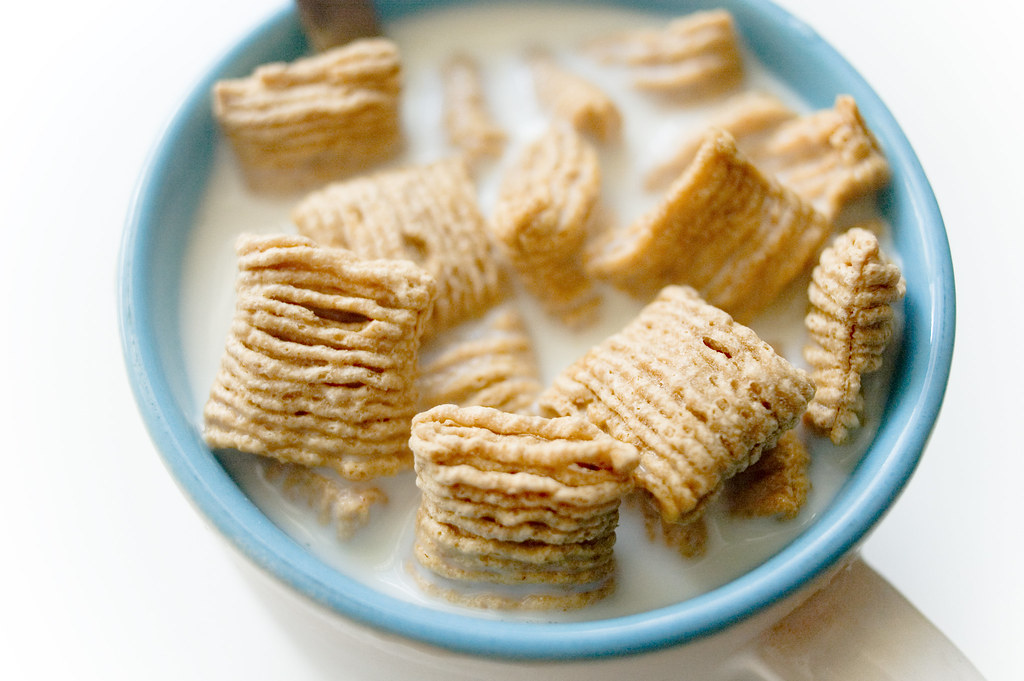To Bovine Or Not To Bovine
For a nation where milk is a common fixture in household fridges, a recent scientific publication relating high milk consumption to shorter life spans and increased rates of broken bones (a la osteoporosis) is the bearer of bad news.
But even as the study stimulated the precautionary before this particular study was released, cow's milk has polarized many.
Got too much milk?
While mainstream knowledge touts cow's milk as the holy grail of calcium containing foods, other opinions also give milk flak for the same reason. Though milk is promoted as one of the best ways for people, especially kids, to obtain calcium and other essential nutrients, the ideal amount of calcium one should consume is unclear.
Interspersed amongst the common knowledge that calcium is necessary for strong bones are claims that current recommendations for calcium intake may be too high. One study published in 2008 suggests that maintaining high calcium intake may actually have an adverse effect on bone health.
Environmental Considerations
In addition to questions regarding milk's potential negative impacts on health, there are also those of milk's environmental impacts. In terms of water use (a high-profile concern, especially considering California's state of drought) cow's milk proves to be a greater evil than some of it's non-dairy cousins. The production of soymilk, for example, requires much less water than the production of cow's milk.
The Rise of the Alt-Milks
As of recent years, plant-based alternative milks have gained increased fan bases, which are providing a significant force adding to the heightened scrutiny of cow's milk. Almond milk is currently the milk in vogue. Whether lining shelves of grocery stores everywhere or standing in lieu of the soymilk that stands in lieu of cow's milk in coffee shops, almond milk is the alternative that you can now find everywhere. For good reason too: it's lower in sugar and has healthier fats. Read more about all the alternative milks here.
But, ultimately, whether or not we should cut out dairy from our diets depends on what we need in our diets in the first place. Because what we eat differs on an individual basis, the nutritional needs our foods need to satisfy also differ on an individual basis. If too-much or too-little calcium intake is a concern for you, note that many alternative milks come fortified with calcium and other nutrients to make its nutrient content comparable to that of cow's milk. And regardless of calcium content, alternative milks often contain additives such as sugars and thickeners.
Variety arguably adds pizzazz to daily life, so having the luxury of choosing what kind of milk you want with your morning bowl of cereal is hardly anything to complain about. Yet, despite the scary nature of the news about cow's milk, hold back from dumping that jug of milk down your drain and permanently switching from dairy to plant milks.
While science suggests that milk's nutritional composition isn't without its flaws, keep in mind that moderation is the key to health. Until additional research corroborates that drinking cow's milk will be directly responsible for future broken bones, have your morning bowl of cereal and milk – and enjoy it too.
The post To Bovine or Not to Bovine appeared first on Spoon University.




